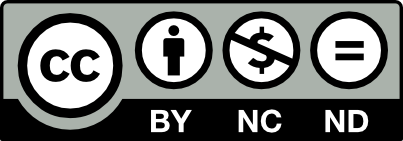Collision and collusion: From conflict to dialogue in couple therapy
Abstract
This article focuses on the description of a clinical process, carried out in co-therapy, about a couple of separated parents.
The initial request, made by the mother, is bound to a request of parental support, following the recent separation from the child’s father.
The introduction of meetings with the couple opens up the possibility of inscribing the themes of separation and conflict in the family stories of each one, giving them a renewed meaning.
The work produces, through a “narrative” dimension, a decrease in the conflictual aspects and the “creation” of a joint psychological space preparatory to the emergence of both the child and the parents as active subjects in the relationship. Notably, patients had the opportunity to confront themselves, for the first time, with a narration of their own biography. Thus, the overflowing conflict, against which it was impossible to erect a bulwark, found a “raison d'etre” if reinterpreted as the convergence of the family narratives that have passed through them.
Downloads
Downloads
Published
Conference Proceedings Volume
Section
License
Copyright (c) 2021 Rocco Spena

This work is licensed under a Creative Commons Attribution-NonCommercial-NoDerivatives 4.0 International License.
Authors who publish in this journal agree to the following:
- Authors retain the rights to their work and give to the journal right of first publication of the work simultaneously licensed under a Creative Commons License - Attribution that allows others to share the work indicating the authorship and the first publication of this journal.
- Authors can accept other non-exclusive licensing agreements for the distribution of the published version of the work (eg. Deposit it in an institutional repository or publish it in a monograph), provided to indicate that the document was first published in this journal.
- Authors can spread their work online (eg. In institutional repositories or on their website) before and during the submission process, because it can lead to productive exchanges and increase the work published citations (See The Effect of Open Access) .





